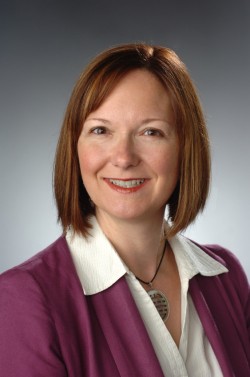WiSE Hosts the 2025 Norma Slepecky Memorial Lecture and Undergraduate Research Prize Award Ceremony
This spring, Women in Science and Engineering (WiSE) held its annual Norma Slepecky Memorial Lecture and Award Ceremony. WiSE was honored to host distinguished guest speaker Joan-Emma Shea, who presented “Self-Assembly of the Tau Protein: Computational Insights Into Neurodegeneration.” Shea…



